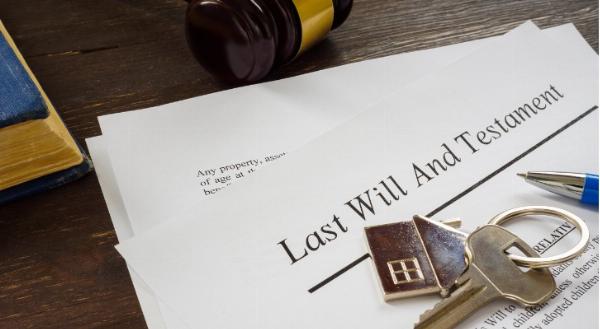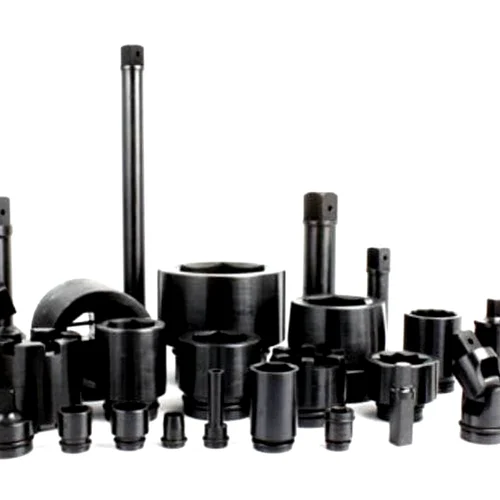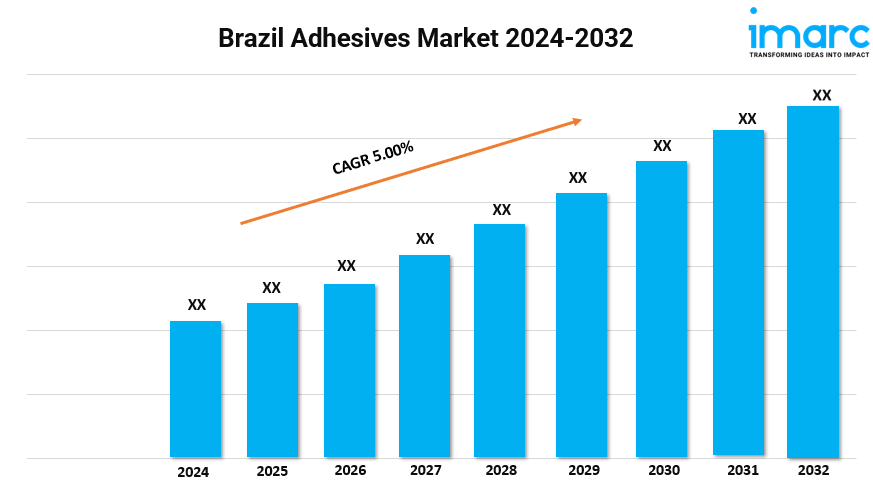
If you're a homeowner with a less-than-perfect credit score, you may think a home equity line of credit (HELOC) is out of reach. However, while having a few blemishes on your credit report can make the process more challenging, getting a bad credit HELOC might be simpler than you think. To understand the path forward, it's helpful to delve into the HELOC approval process and see what lenders look for and how to position yourself in the best light. In this article, we'll break down the process, pros and cons of a HELOC for bad credit, and some financial alternatives if qualifying becomes tricky.
What is a HELOC, and how does it work?
A HELOC is a second mortgage that allows you to borrow against the equity you've built in your home. It's essentially a credit card where your home secures the credit line. Instead of receiving a lump sum of money like with a home equity loan, a HELOC gives you a revolving credit line you can draw from as needed—up to your credit limit—during the draw period, which usually lasts up to 10 years. After that, HELOCs enter a repayment phase when you'll need to repay what you've drawn, plus interest, over a period of time. A major advantage of HELOCs is that you only pay interest on what you borrow, making them flexible financial tools for major expenses like home improvements, consolidating higher-interest debt, or even repaying unexpected bills. However, before taking out an HELOC, it's important to understand the risks involved. Since your home secures your credit line, defaulting on your HELOC could have disastrous consequences, including the potential to lose your home.
Can you get a HELOC with bad credit?
Yes, getting a HELOC with bad credit is possible. However, it may not be as straightforward as for someone with good credit. Most HELOC lenders typically want borrowers to have a minimum credit score of 680 with a debt-to-income ratio (DTI) of no more than 43%. These are averages, not hard-and-fast rules. Some lenders, especially nontraditional ones, may have more lenient qualification criteria and look at more than just your credit score.
Beyond the credit score: What lenders look for
Your credit score isn't the only thing lenders care about. Lenders want to know that if they lend to you, they're taking on as little risk as possible. These factors all work together to build a complete financial profile for a lender to consider when working with borrowers with lower credit scores seeking HELOCs:
- Home equity: The more equity you have in your home, the better. Most lenders require you to have at least 15% to 20% equity in your home, but having more may offset credit issues.
- DTI ratio: Lenders want to know you're not overextended. A DTI ratio under 43% is usually preferred, though some lenders have higher limits.
- Income stability: A reliable, verifiable income can work in your favor.
- Payment history: A record of consistent, on-time payments, especially for your mortgage and other major debts, can work in your favor.
Tips for getting a
Navigating HELOCs with Bad Credit effectively lays out practical strategies and crucial considerations for individuals facing the challenge of securing a Home Equity Line Of Credit despite adverse credit profiles, making it an invaluable guideline.














